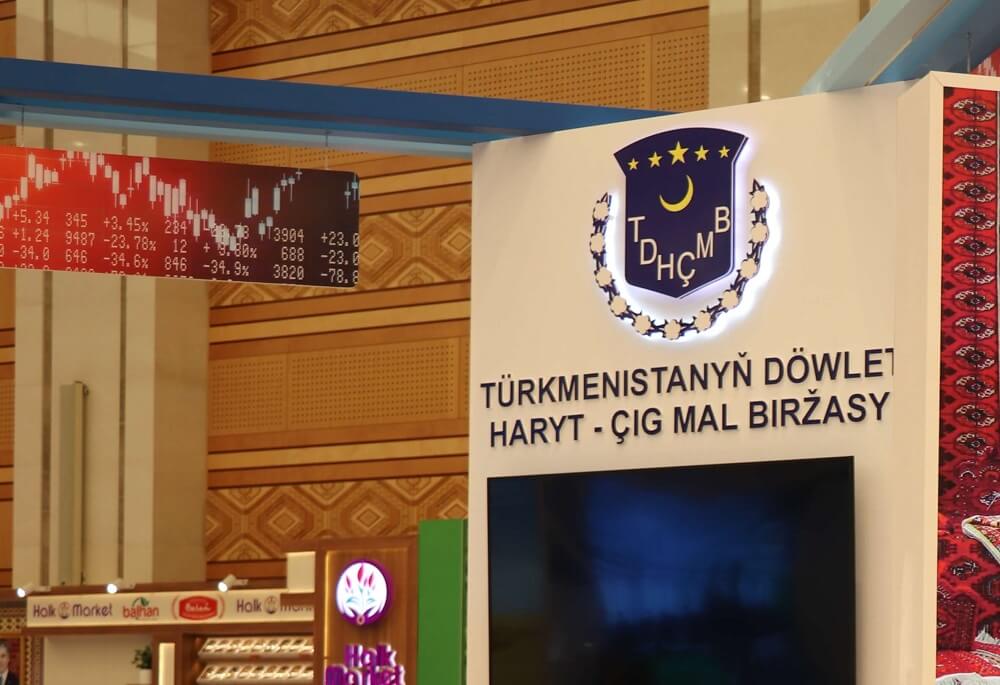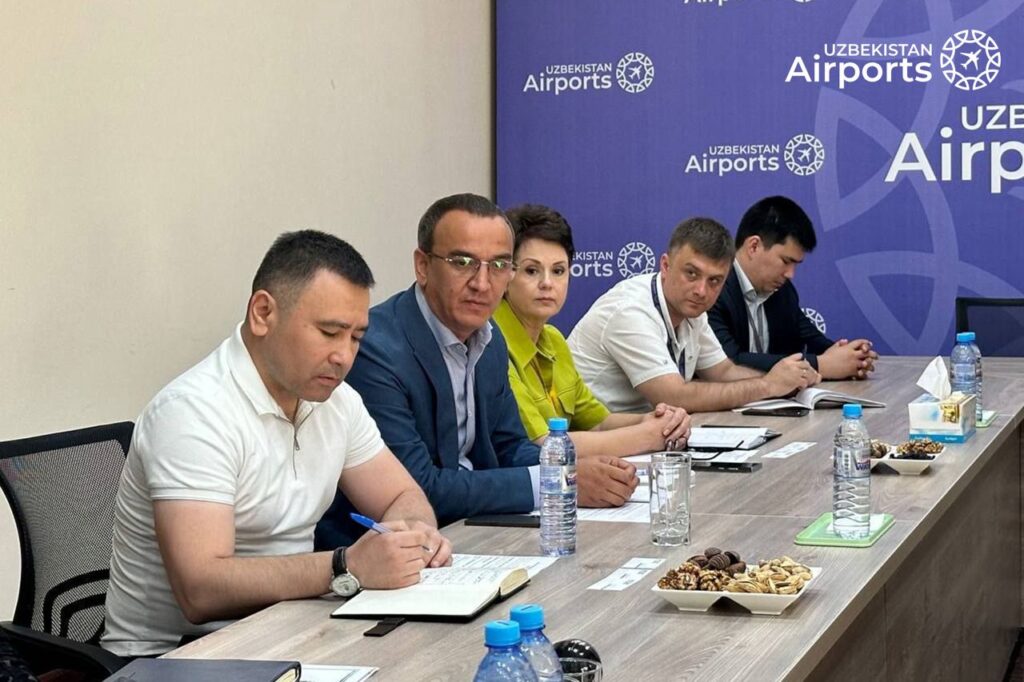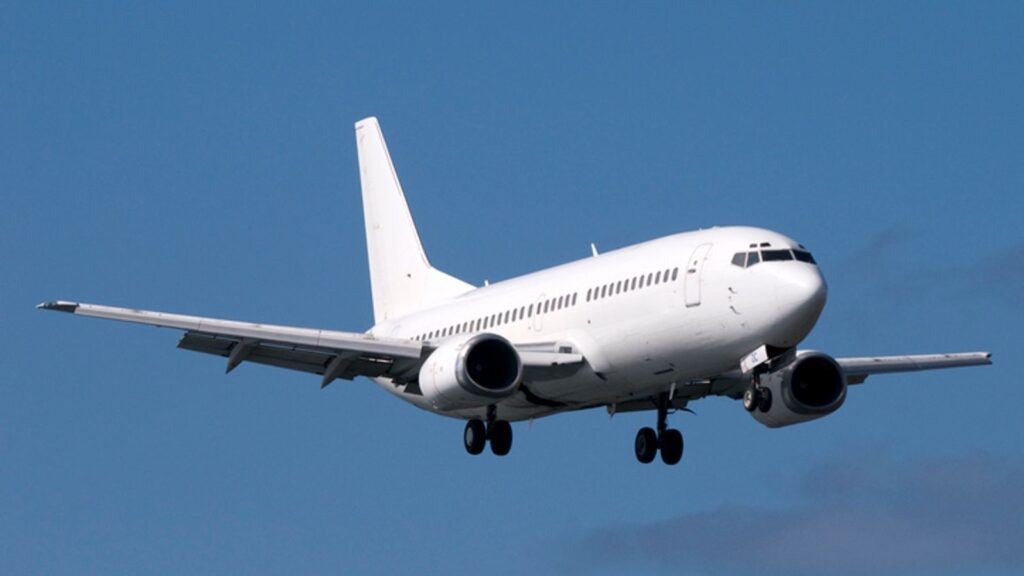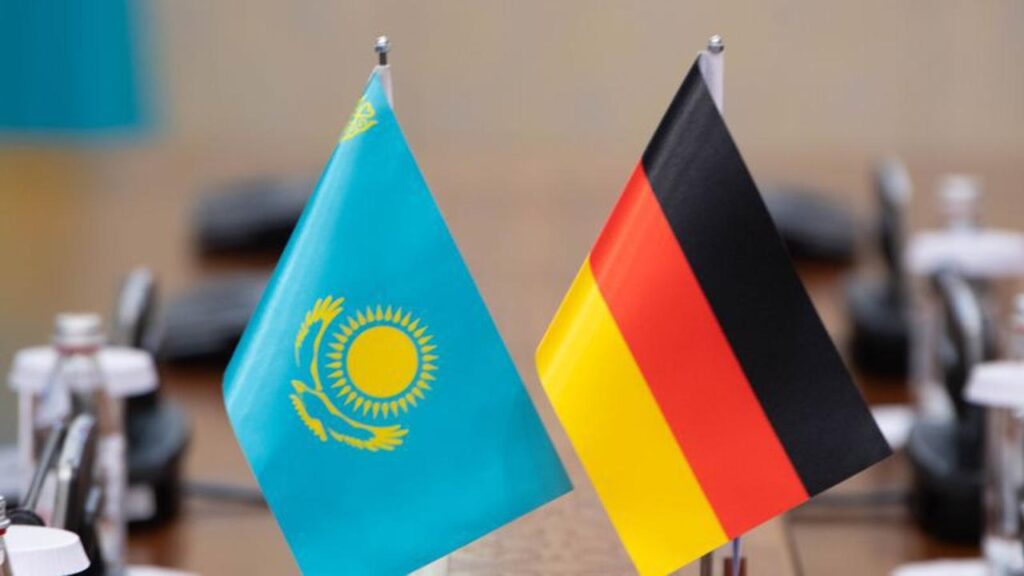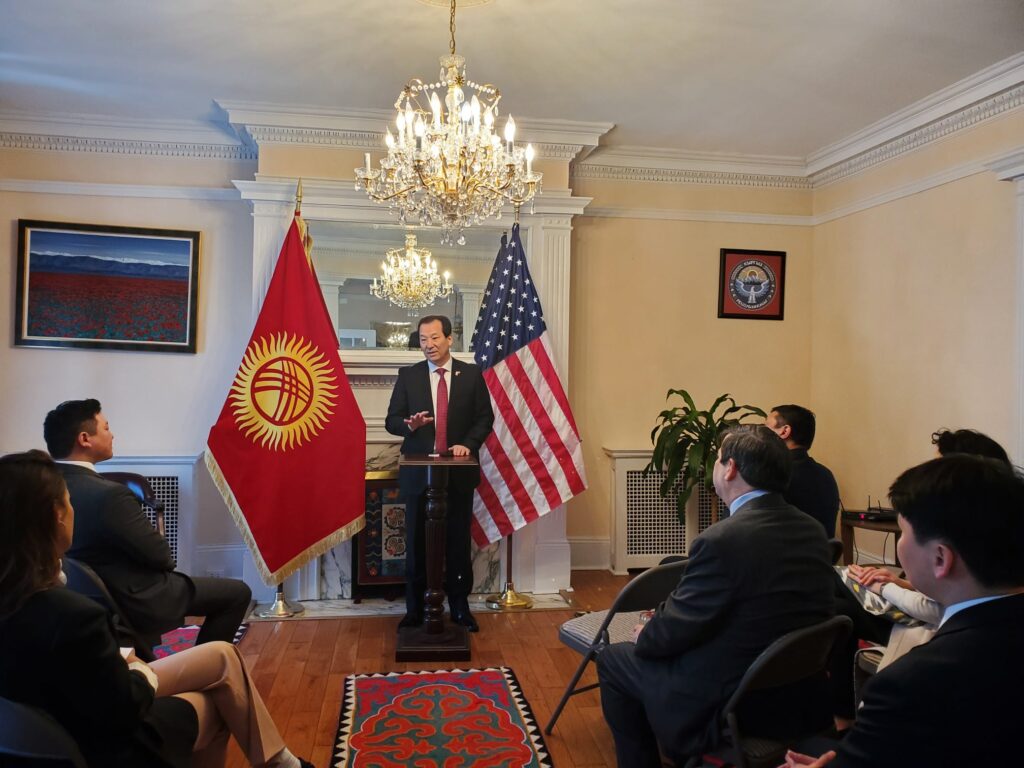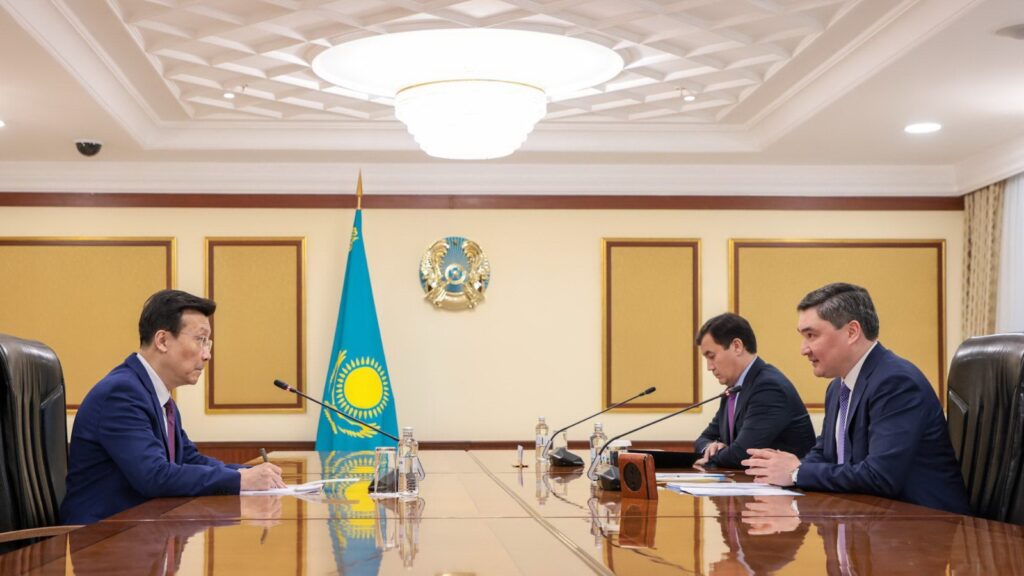Kyrgyzstan's ambassador to the United States and Canada, Baktybek Amanbaev, recently met with the U.S. Chamber of Commerce's chief representative for Central Asia, Jennifer Miel, to discuss stepping up the nations' trade and economic ties. Kyrgyzstan's foreign ministry reports that ambassador Amanbaev told Ms Miel about the country's resource potential, as well as opportunities for private business development in Kyrgyzstan. According to Amanbaev, Kyrgyzstan is particularly keen to work with American investors on hydropower, mineral development, agriculture and textile projects. American companies already working in Kyrgyzstan include General Electric, Visa, Coca-Cola, Valmont, Medtronic and Borusan. According to Kyrgyzstan's National Statistical Committee, in the first nine months of 2023 Kyrgyzstan imported from the U.S. goods worth more than $300,000, predominantly cars and car parts. Kyrgyzstan also buys spare parts for bulldozers, excavators and trucks from American suppliers. In turn, Kyrgyz businesses export textiles, antiques, wool and animal products to the U.S. Kyrgyz entrepreneurs sell most of their goods in the U.S. through Amazon, Walmart and Ebay. The Kyrgyz Chamber of Commerce has told The Times of Central Asia that local businesses aiming to do more business in America have approached the Chamber to expand their contacts and find potential partners. The Chamber has already begun work on opening Kyrgyz trade missions in major U.S. cities, and negotiations with local authorities are underway. Soon Kyrgyz business will be represented in Los Angeles, Chicago and Miami. A few weeks ago, Kyrgyzstan's North American ambassador Amanbaev met with an executive of the satellite internet provider Starlink, to discuss providing the Kyrgyz public with high-speed internet via American Starlink satellites.
